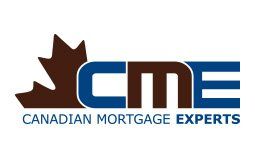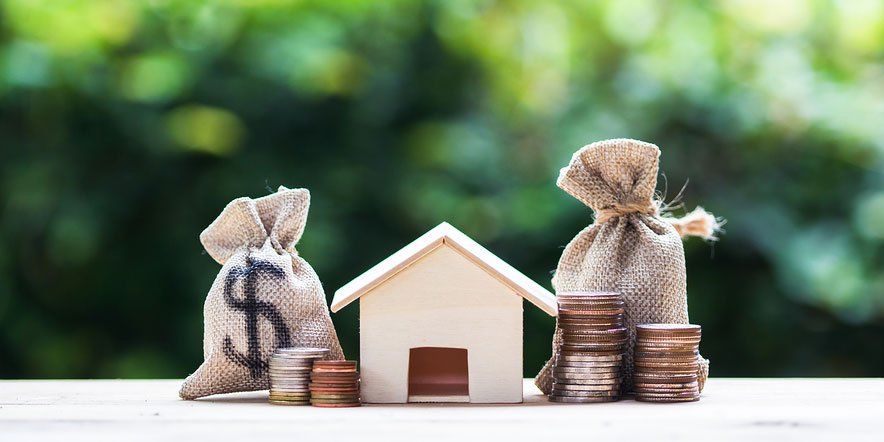Where Are House Prices Headed?
Given the sharp drop-off in sales in recent weeks, many are speculating as to what that means for house prices in the coming months.
Home prices started the year off hot, threatening to test 2016’s red-hot levels with growth of 8.7% year-over-year, and that strength continued right up into March.
- The Canadian Real Estate Association reported a 15.2% year-over-year increase in prices in March, with transactions up in about 60% of local markets.
- The Teranet-National Bank Composite House Price Index, which measures changes for repeat sales of single-family homes, reported a 3.8% year-over-year increase in prices — its strongest pace since June 2018.
But plummeting sales and record unemployment due to COVID-19 are now threatening to drag those prices back down.
“For now, we have pencilled in a 5% drop in nationwide house prices in the next few months. That is based on the assumption that there will be some forced sellers in the near term,” noted Stephen Brown of Capital Economics.
“That will include those who had already bought a new home without selling their previous one, which was becoming increasingly common in Toronto, and those investors that were previously targeting the short-term rental market and have now suffered steep hits to their income.”
For its part, TRREB is forecasting average prices in 2020 to remain near 2019 levels, “buoyed by the 15% year-over-year growth experienced in Q1 2020.”
“As we recover from this temporary downturn, potentially later this year, homebuyers will move off the sidelines in increasing numbers as they satisfy pent-up demand for ownership housing,” said Jason Mercer, TRREB’s Chief Market Analyst. “Increasingly, these buyers will be faced with the persistent lack of listings inventory that was a serious problem before the onset of COVID-19.
RBC Economics’ Robert Hogue said he expects “some degree of support to hold initially as both buyers and sellers go into hiatus,” but that within a matter of months, surging unemployment and market illiquidity will “compel a growing number of tight-squeezed sellers to make price concessions.”
He expects Canada’s composite benchmark prices to fall briefly over the second half of 2020 by an average of 2.9% year-over-year. “The surge in activity we expect in 2021 will tilt the scale back in favour of sellers and swing the price dynamics around,” he added.
But not everyone is so certain that market confidence will recover so quickly.
Scott Ingram, a Toronto Real Estate Agent, said in an interview with CBC News he expects April’s full-month sales figures to “fall off a cliff.”
“Not in my time watching the Toronto real estate market have I seen sales slow right down as quickly as this,” he told the CBC. “We don’t know where prices are going… I mean, why would you buy something now if you perceive prices are going to go down in the future, which may very well be.”
This article is a portion of COVID-19’s Impact on Real Estate published on Canadian Mortgage Trends on April 27th, written by Steve Huebl.




